Summary Points:
- Trump announced tariffs on April 2.
- Stock market crashed, but he didn’t budge.
- Bond auction flopped on April 8.
- Hedge funds sold bonds, raising yields.
- Trump paused tariffs, except on China.
- India’s reserves felt the bond impact.
Introduction
You might have heard about Donald Trump’s sudden U-turn on his reciprocal tariff plans 10 April 2025. One day, he’s announcing massive tariffs on almost every country, and the next, he’s scaling them back. Moreover, he pressed the pause on everyone except China. What happened? Was it the stock market crash that spooked him? Or was it something else entirely? I know, not many one of use would have expected, the the cause is related to the bond market. Allow me declutter this story for you.
The Tariff Announcement That Started It All
On April 2, 2025, and Trump drops a bombshell (read a related story here). He announces reciprocal tariffs on goods from nearly every country trading with the US.
His idea was simple, if you slap a tariff on American goods, the US would hit you back with an equal one.
Sounds bold, right? But markets don’t always love bold. The S&P 500 (America’s big stock market index) took a nose dive. It dropped by about -12% from 5,670 to 4,982 by 08-April-2025. That was a major fall, but if will see the longer time horizon, the index was already down by about -18.9% from its February highs.
Now, you’d think a stock market crash would make any leader rethink their plans. But Trump was not worried about the stock market falling. The American stock market was falling since February. This was the man who did not blink even after his main index (S&P 500) fell by about -19% just because he was talking tariffs.
So why did he change his mind just days later? Well, that’s the story I’m going to tell you in this post.
Some experts say it wasn’t the stock market that got his attention. Instead, it was the US bond market. Yes that is what made him blink. The bond’s performance turned out to be the game changer in this case.
Why Bonds Matter
What are bonds?
For example, let’s assume that you’ve lent money to someone. The person promise to pay you back the borrowed money and some interest. That’s basically what a bond is.
Governments and companies issue bonds to borrow money from investors. The US government is the biggest player of the bond world. Their bonds, called treasuries, are seen as super safe security (a risk free investment option). It is perceived as the safest asset in the world.
Why they are so safe? Because, first it is the brand name of the US. and second (more important), everyone from China, Japan, whole of Europe, in fact every country, our own Reserve Bank of India (RBI) buys them (bonds – US Treasuries).
Now, this is something that we must understand about the bond market.
When people don’t want to buy bonds, the prices of bods will fall. In such a scenario, something called the bond yield rises.
What are bond yields? Think of them like the dividends you earn on your shares. The lower the price of the share, the higher will be its yield, right?
Normally, US bond are always in high demand at the auctions. Yes, U.S. Treasuries are sold through auctions where the Treasury Department offers bonds, and investors bid by specifying yields. The bonds are then awarded to those offering the lowest yields. This process allows the government to borrow at the cheapest cost, until the entire amount is sold.
This process was running at piece until on April 8, something weird happened. The US tried to sell $58 billion worth of three-year bonds, and guess what? There weren’t enough buyers. US banks had to step in and buy up 20.7% of the bonds. It is the highest share since December 2023. That’s like a movie producer having having to buy back unsold tickets of his movie.
Why Did Bond Buyers Disappear?
So, why did the bond auction flop?
To understand this, let’s rewind a bit. When Trump announced the tariffs on April 2, markets panicked. Stocks fell, and investors, looking for safety, rushed to buy US bonds. That pushed bond prices up and yields down, from 4.2% on April 1 to 3.8% by April 7. But then, the tariff plan was paused and things flipped in the bond and stock market. From April 7 to April 9, bond prices started falling. More people were buying stocks and demand for bonds fell down. As a result the yields climbed to 4.12%.
What changed? There are a few things we can point fingers at:
- Big hedge funds borrow money to bet on small price gaps between bonds and bond futures. It is like guessing and betting on “if the onion price at the mandi will match those at the supermarket.” These bets rely heavily on borrowed cash, with stocks as collateral. When the stock market crashed after Trump’s April 2, 2025, tariff announcement, the value of their collateral (stocks) fell drastically. This triggered margin calls, where lenders demanded these hedge funds provide extra cash or assets to back their loans higher collateral). To raise the money, they sold tons of bonds (it is the easiesy way to raise cash). Since the bond market is huge, it handled the sales, but not without bond prices dropping and yields rising.
- Then there’s the conspiracy angle. Some folks whisper that countries like China might have deliberately stayed away from the auction to send a message to the US.
- Others think big buyers like Japan or the UK got nervous about the tariffs sparking inflation, which could hurt bond values. How? If prices of everything shoot up because of tariffs, central banks might raise interest rates, and that’s bad news for bonds.
Honestly, we don’t know for sure what exactly happened, but i think a combination (weighted average of sorts) of all of the above can be one sure cause.
Why Bonds Freaked Trump Out
Now, this is a million-dollar question, why did a bond market yields make Trump backtrack when a stock market crash didn’t?
Bonds are the too important for any government. No country, not even the US, runs on taxes alone. They’re constantly borrowing by selling bonds.
If buyers lose confidence, it’s like your bank suddenly refusing to give you the home loan at lower rates. You’ll be in trouble, right? Higher bond yields also mean higher borrowing costs for everyone, from governments to companies.
When US bond yields started rising, the yields of corporate bonds also followed the couse. And suddenly, no one wanted to buy those either. It was like the entire financial system caught a cold.
Experts think Treasury Secretary Scott Bessent, a market veteran, saw the warning signs. Remember the Silicon Valley Bank crisis a couple of years ago? That was triggered by a bond price crash, and no one wants a repeat.
If bond prices kept falling (which means yield rising), banks and insurance companies could face liquidity issues, and that’s a headache no president wants. So, Trump scaled back the tariffs, keeping them only on China.
Smart move? Maybe or its just a flip-flop which is not a characteristic of a US President’s office.
The bond market calmed down, and Trump even called it “beautiful” afterward. Classic Trump, right?
What This Means for India
How this affects us in India?
Our RBI holds about $675 billion in foreign exchange reserves, mostly in US dollars. A big chunk of that reserve is not US as cash alone but is parked in US bonds (treasuries).
When bond prices fall, the value of our reserves takes a hit. Plus, we need dollars to buy everything from oil to electronics. We often run a trade surplus with the US to build those reserves. If tariffs had stayed, our exports, like IT services or pharma, could’ve suffered. That’s bad news not only for jobs and growth for also for our trade surplus and hence our forex reserves. Soo, how they are all related.
A tariff announcement in Washington can shake markets in Mumbai.
It’s a reminder that no country, not even the US, can go it alone. The US dollar is still the world’s reserve currency. Think about it, India pays for Chinese goods in US dollars, and so does everyone else.
Talks of “de-dollarization” feel like a distant dream when you see how tightly the global economy is tied to USD. Even a small volatility in US bond demand forced even Donald Trump like person to take a step back.
Conclusion
That’s the story of how the bond market, not the stock market, got Trump to rethink his tariff gamble.
Finance isn’t just amnumbers on a screen; it’s the backbone of how governments and economies function.
Bonds might sound dull, but they’re like the quiet kid in class who secretly runs the show. Next time you hear about a bond auction, give it a try to understand how bonds market work.
What do you think? This Trump’s tariff pause is just a lull before more tariff drama?
Drop your thoughts in the comment section below.
Keep building your Wealth Insights. Happy Investing.

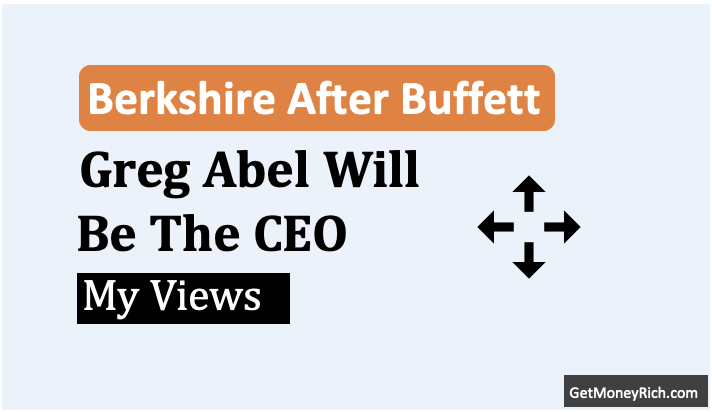
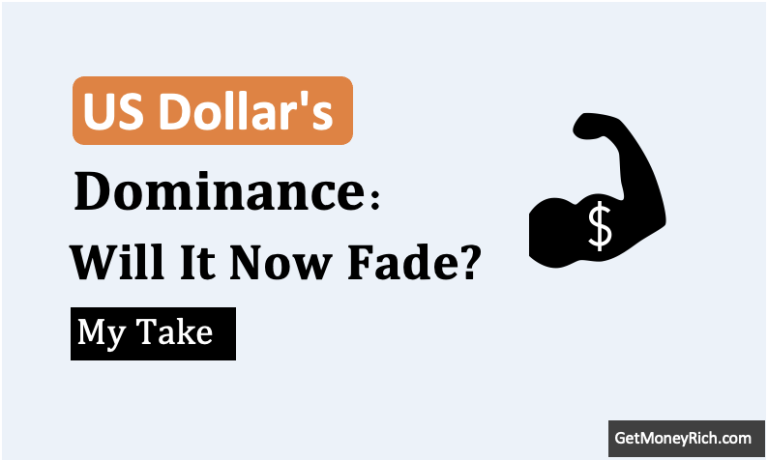
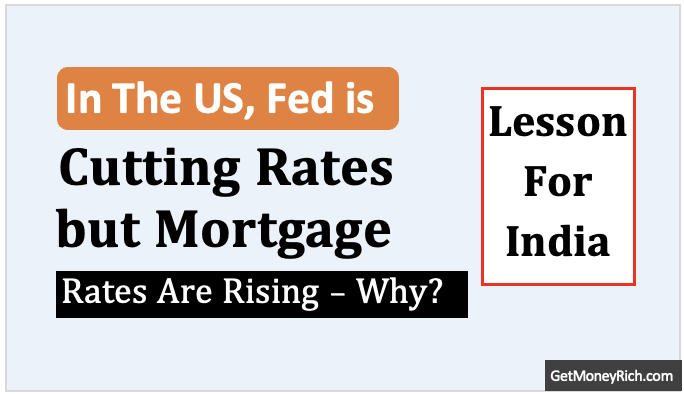
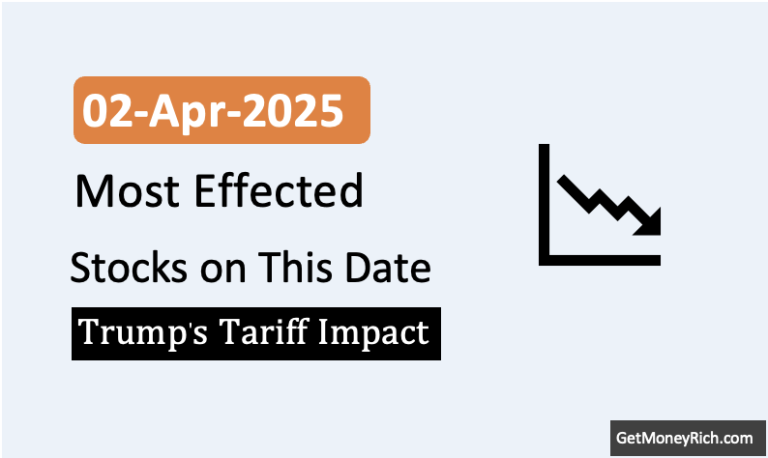
![What's India’s Google Tax [Explained] - Thumbnail](https://ourwealthinsights.com/wp-content/uploads/2025/03/Whats-Indias-Google-Tax-Explained-Thumbnail-768x462.png)
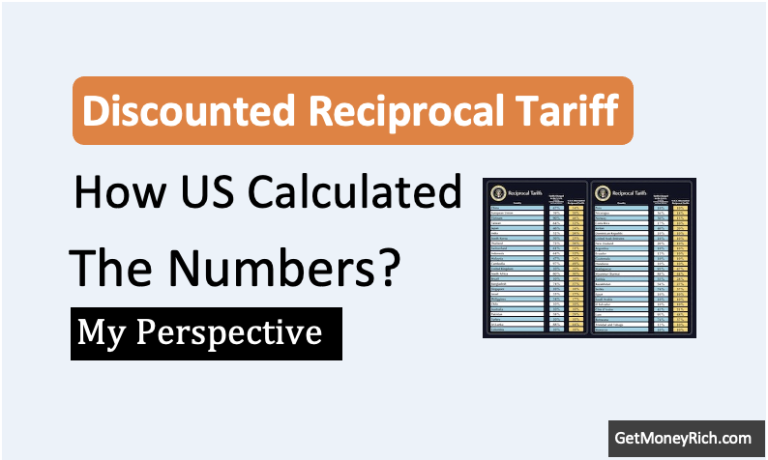
Superb and knowledgeable article
Appreciate the feedback.